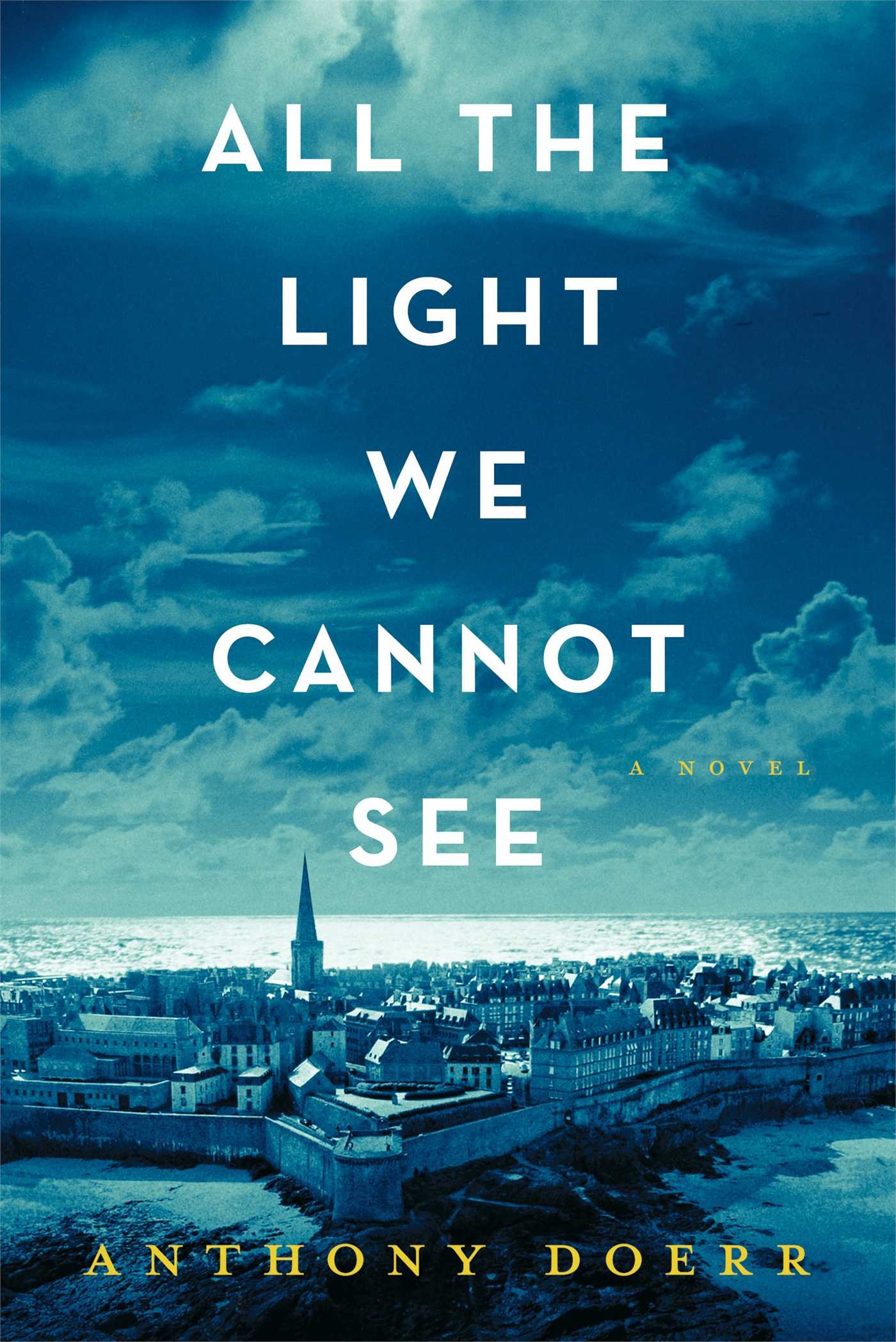
Another publisher churns out another World War 2 novel. Here, we follow the fates of two children, an orphaned German boy and a blind French girl, through the build-up to war and into its consequences.
Book Review

Another publisher churns out another World War 2 novel. Here, we follow the fates of two children, an orphaned German boy and a blind French girl, through the build-up to war and into its consequences.
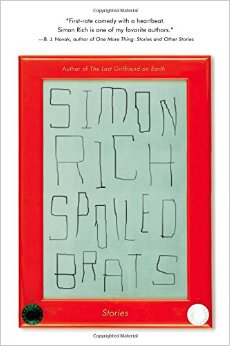
I rarely read short stories, because I usually find (unless they’re linked together somehow, by more than just a theme) that it’s a lot harder to sink my teeth into them; however well-expressed, the ideas in them just can’t be developed to the same extent as novels. (There are exceptions, and my taste runs South American; Borges and Cortazar in particular.)
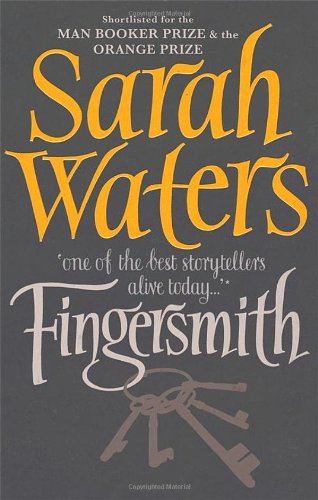
In 19th century England, a rogue enlists the help of a petty thief (the fingersmith of the title) to seduce a young woman of means. It’s hard to say much more without spoilers, because the plot twists itself into something completely new several times before getting to its conclusion. Story is definitely king here (or rather, I suppose, queen). Not that the prose isn’t pretty good: tight but lyrical, with descriptive passages that avoid slowing down the momentum. But the writing is there as a vehicle for the plot, not the other way around. The result is a suspenseful and engaging page-turner which I personally enjoyed immensely. Probably the greatest compliment I can pay it is that when I read it at the gym, I was taken completely by surprise at the machine timing out.

In a plot that strains the limits of credulity, an elderly failed composer takes up DNA splicing as a super-fun hobby and ends up wanted by federal authorities on charges of bioterrorism, following a most unlikely incident involving his dog. Credulity snaps altogether when, after the feds first pay him a visit, he then goes online to research biological warfare techniques, just out of interest. Despite having a daughter who works in data mining and has taught him to speak basic internet paranoia.
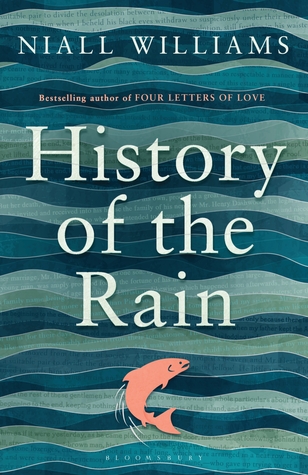
In rainy County Clare, a teenage girl with a life-threatening illness lies in her attic bedroom, surrounded by nearly four thousand books, and tells the story of her family.
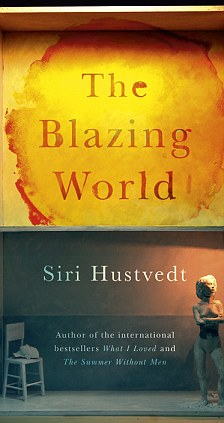
I feel like Hustvedt is a really great way to make everything else one has read recently seem childish and ill-informed. The basic plot of this novel, told after the death of the main character through testimonies and historical documents, involves a female artist showing three major installations using the names of three male artists. You’d expect a bit of gender theory in the mix to prove the author had done her homework, but Hustvedt joins the dots from Milton and Emily Dickinson through Mill, Kierkegaard and Nietzsche, encountering Husserl and the Freuds and not omitting Aunty Madge, the Duchess of Newcastle…plus plenty of others I’d never heard of. None of it seems like showing off because it’s a reflection of the heroine’s energy and zeal for information, though the footnotes did start to wear me down. My only other complaint is a brief moment of metafiction which felt like the author indulging herself (and after all, it IS her book). Otherwise an intriguing and meaty read, which manages to be cerebral while sending out a primal howl of anger and frustration.

This is an unsettling little book that resists categorization. I guess…coming-of-age suspense novel with witchy undertones? The protagonist, Merricat, lives in her family’s ancestral home with her sister and her uncle. It’s clear that someone in the family is a murderer, but no one in the family seems uneasy about that prospect. Things come to a head when an external force comes into the house. It’s kind of like that other castle novel, I Capture the Castle by Dodie Smith, except that as well as delightful, it’s also kind of creepy.
Fun fact: when Shirley Jackson’s first story, The Lottery, appeared in the New Yorker in 1948, she received so much hate mail in response that the local postmaster stopped speaking to her; thus possibly proving that Twitter didn’t create jerks, just enable them.
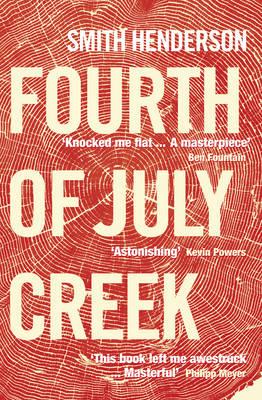
In one sense it’s hard to easily summarise what this novel is about. The main character is a social worker living in Montana in the late 70s and early 80s, and the two main threads of the story are his search for and relationship with a survivalist vigilante who has a young son, and his quest to find his runaway daughter. Those things, however, go along with a whole raft of other characters, almost all of whom have some kind of growth arc through the progress of the book. Although the settings are, for the most part, either gritty and urban or unforgiving wilderness, and a lot of the action is ostensibly depressing, there’s an optimistic heart to this novel that makes it more of a page-turner than it might otherwise be, and the prose is understated but well-crafted. If you’re a fan of moral ambiguity, this one comes recommended.

My cold has devolved into a mild sniffle, the universal cure for which is to sit quietly in the sun and read something comforting and familiar. For me that usually means either Harry Potter or Agatha Christie. On this occasion, I chose the latter. TMF isn’t canon; it doesn’t have one of those marvelously ingenious solutions that imprint instantly and for all time on the memory. The plot involves a series of anonymous letters delivered to the occupants of a small English town, which coincide with some unnatural deaths – are they connected, and if so, how? It’s also not conventionally structured for a Christie, in that Miss Marple doesn’t appear to solve things until close to the end. But like almost everything she wrote, it’s deeply satisfying, and, even if you already know the solution, it’s fun to recognise the clues as she slips them in one at a time.

In theory: cultures clash in the Moroccan Sahara when an Englishman runs over and kills a young Berber man. In practice, it seems like the author spent 90% of his time sketching out the plot, then filled in the gaps with words chosen by letting a dictionary fall open and pointing with his eyes closed. It’s a charity to suggest that this novel contains anything as sophisticated as “characters”: the people in it don’t seem to act in accordance with any internal values, but just react to the plot in whatever way is most convenient to the author at that particular time, while having thoughts that are some combination of xenophobic, homophobic, or sexist. Also, I’m pretty sure I had an audible eye-roll on the train during its one sex scene. Quite a relief to have the whole thing over with.
Additionally? The author tried to tell me that ichthyosaurs lived during the Devonian period (relevant because the dead man was a fossil-seller). NOT EVEN THE RIGHT ERA. Don’t skimp on the paleo research with this audience, mofo.